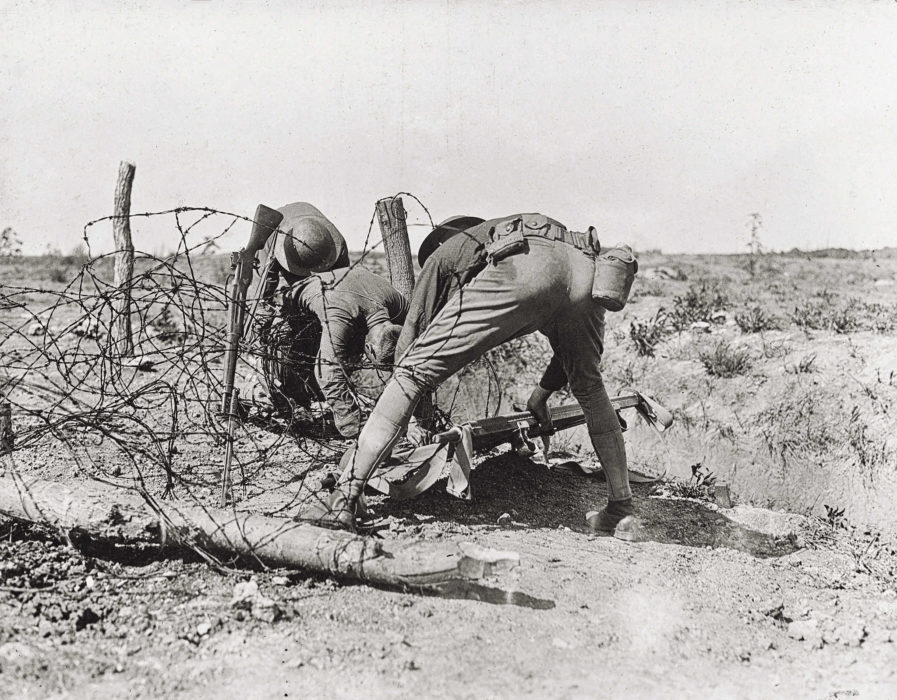AS ‘ABDU’L-BAHÁ BOARDED the train that would conduct him eastward from Sacramento to Salt Lake City and Denver, Ottoman troops in Europe retreated from the Bulgarian border along a front that reached from Adrianople and Lozengrad. The heavy rain that accompanied them did not subside for three days, and many men threw down their guns in despair as they withdrew toward the Bosphorus.
The war had been going on for several weeks. Serbia, Greece, Montenegro, and Bulgaria had formed an alliance intent on reclaiming all European territories from the Ottoman Empire. ‘Abdu’l-Bahá had traversed the terrain they fought on: as a young man he had accompanied his father in the dead of winter from Constantinople to Adrianople, their latest place of exile. Although he was half a world away from the battles now, the signs of war loomed close.
While ‘Abdu’l-Bahá was on the train, several railway employees approached him to say that he was on the very same train that had taken him to California. After a brief chat, ‘Abdu’l-Bahá asked them a question: “On this train there are many Greek passengers. Do you know where they are going?” When the railway staff told him that they were going to join the war against Turkey.
“God does not want war,” ‘Abdu’l-Bahá told the railway staff. “God is kind to all,” he said. “We, too, should be kind to one another.” He continued: “We should not fight for a handful of dust. The earth is our endless tomb. Is it worthy of us to wage war and shed blood for this tomb while God has destined that we win the cities of men’s hearts and bestowed upon us an eternal Kingdom?”

In fact, that very morning at the Hotel Sacramento, ‘Abdu’l-Bahá called on Californians to be “advocates of peace.” The Sacramento Bee reported that he was “simple and unassuming” as he sat talking with his audience. But his words were strong, and predicted an even more destructive war looming on the horizon.
“The European continent is like an arsenal,” ‘Abdu’l-Bahá told his audience, “a storehouse of explosives ready for ignition, and one spark will set the whole of Europe aflame, particularly at this time when the Balkan question is before the world.”
The first Balkan War would last until May of the next year, and most of the European states held by the Ottoman Empire were divided among the members of the Balkan League. Quarrels about how to split up Macedonia eventually led to a second war, only a month later, among the former allies.
“I have visited your Capitol and its gardens,” ‘Abdu’l-Bahá had told his audience that morning. “No other Capitol has such beautiful surroundings. Just as it is imposing and distinguished above all others, so may the people of California become the most exalted and perfect altruists of the world.”






